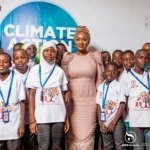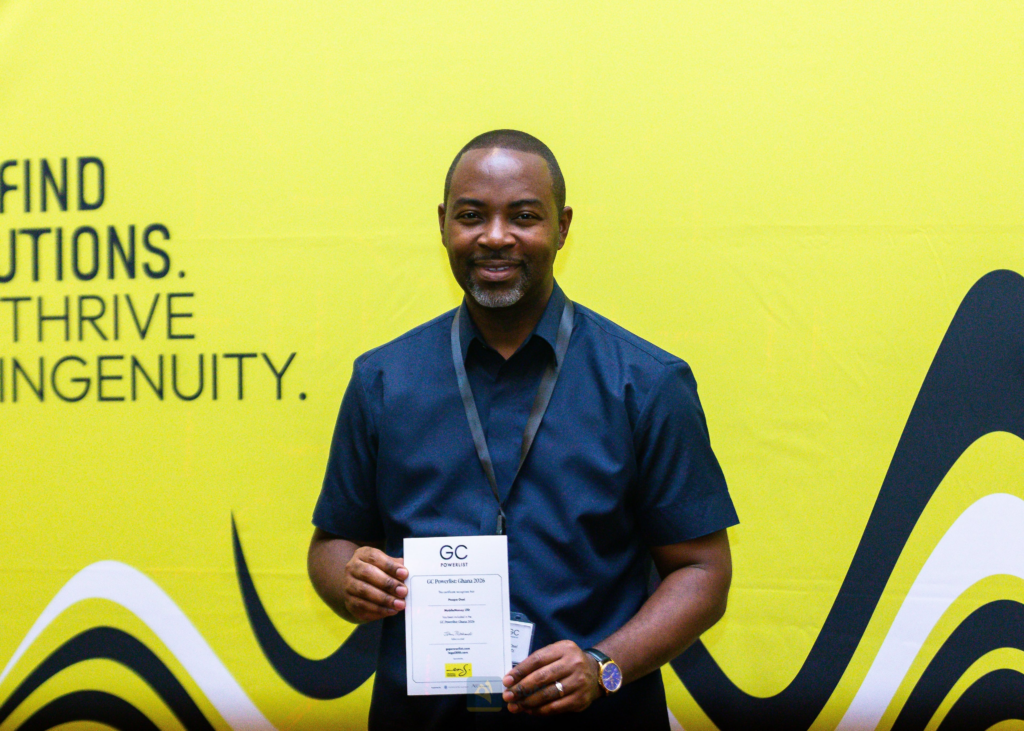
Africa’s leading platform for youth and women in climate leadership, the Africa Women and Children Conference (AFRIWOCC), will return for its second edition on October 6–7, 2025, at the Labadi Beach Hotel in Accra, spotlighting youth-led climate action, women’s leadership, and inclusive policy development across Africa.
Held under the theme “Young Voices, Innovative Ideas, Greater Impact for Africa,” the 2025 conference seeks to build on the resounding success of its inaugural edition in 2023 and is expected to convene over 500 delegates from government institutions, civil society, climate organisations, academic institutions, development partners, and grassroots movements from across the African continent and the diaspora.
Launched in 2023 by the Samira Empowerment and Humanitarian Projects (SEHP), AFRIWOCC has swiftly evolved from a high-level policy forum into a year-round action platform, recognised for its people-centred, Africa-first approach to climate leadership.
The maiden edition,themed “Amplifying the Voices of Women and Children in Climate Action” brought together influential figuresincluding: H.E. Nana Addo Dankwa Akufo-Addo, Former President of Ghana; H.E. Samira Bawumia, former Second Lady of Ghana; H.E.
Monica Geingos,First Lady of Namibia. Others include Dr. Akinwumi Adesina, Presidentof the African Development Bank; Representatives from UN Women, UNECA, the African Union Commission, ECOWAS, and major philanthropic and private sector players.
The event concluded with the adoption of a six-point communique that set the tone for gender-responsive and youth-inclusive climate policy, adaptation financing, and community resilience strategies.
Since then, AFRIWOCC has gained widespread continental recognition as a convening force for mobilising equitable climate solutionsthat work for women, children, and vulnerable communities.
AFRIWOCC 2025:
While Africa contributes just under 4% of global greenhouse gas emissions, it remains the most vulnerable continent to the impacts of climate change.
Floods, desertification, rising sea levels, and prolonged droughts continue to threaten food systems, economic security, and community cohesion, particularly affecting women and children.
In Ghana, flash floods and coastal erosion have displaced thousands in parts of the Volta, Northern, and Western regions, while erratic rainfall patterns are compromising agricultural livelihoods.
AFRIWOCC 2025 is therefore, expected to serve as both a policy platform and an incubator for ideas that translate into action, particularly with the focus on youth leadership.
“Africa’s young population is both the most affected by climate change and the most capable of addressing it through innovation, political courage, and community-led models”, they assert.
Key features of AFRIWOCC 2025 will include:
1. panels on climate financing, African COP strategies, and intergenerational policy development
2. Climate impact showcases featuring innovations from youth and women across the continent
3. Thematic workshops on early childhood vulnerability, adolescent health and climate risk, green jobs, and gender-smart infrastructure
4. A high-level AFRIWOCC Pledge Board, inviting commitments to inclusive climate action
5. a concert
A Call to Action
AFRIWOCC 2025 is open to the following categories of people:
1. African youth climate leaders, entrepreneurs and academics
2. Policy and government officials at all levels
3. Environmental organisations, CSOs, and grassroots leaders
4. Private sector actors, foundations, and investors
5. Development partners and international climate advocates
Interested participants can register at www.afriwocc.org. The AFRIWOCC Secretariat is also accepting proposals for partnership exhibitions, research papers, and sponsorships.
About AFRIWOCC
The Africa Women and Children Conference (AFRIWOCC) is a pan-African platform focused on elevating women and children as central actors in climate policy, sustainable development, and systems transformation. Initiated in 2023, AFRIWOCC convenes biennial conferences, regional programmes, and collaborative interventions across Africa to build inclusive, resilient climate ecosystems.


